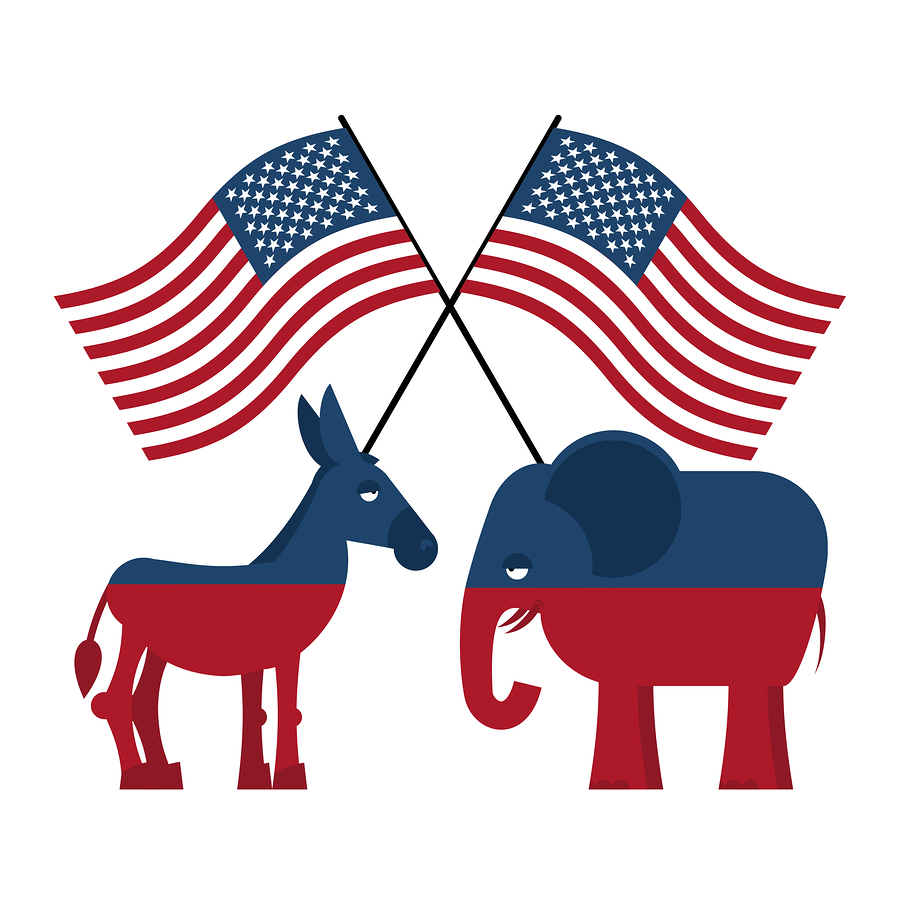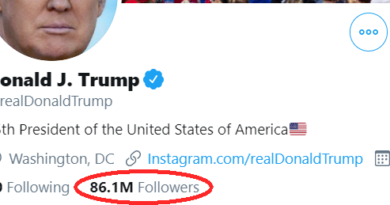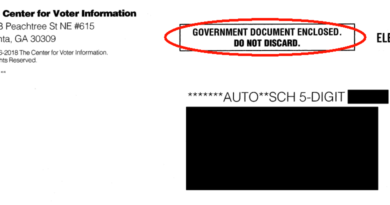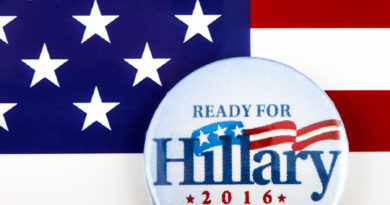Why the Commission on Presidential Debates Isn’t What You Think
With the 2016 U.S. presidential debates around the corner, the candidates have entered the last leg of the 2016 election. There will be three “official” presidential debates and a vice presidential debate after the first presidential debate. The three presidential debates will held on September 26th, October 9th, and October 19th. There will also be a vice presidential debate on October 4th. All debates will be shown live on television from 9pm to 10:30pm.
As the first official debate on September 26th draws closer, you’re going hear more and more speculation by the talking heads in the mainstream media about campaign strategy and what the respective candidates “need to do to win” in November. What you won’t hear much about is who’s running the presidential debates in the first place.
But who runs the presidential debates is very important because they will be allotted ninety minutes of commercial-free, prime major network television airtime. For candidates that are invited to participate, it’s an opportunity to reach tens of millions of American voters in one shot. It’s also the equivalent of receiving tens of millions of dollars in television advertising for free. Thus, the power of those who decide who can participate in these debates cannot be overstated.
The Commission on Presidential Debates sounds official, but…
So who has been bestowed this influential role in American democracy? Well, the debates used to be sponsored by the nonpartisan League of Women voters. According to Wikipedia, they withdrew from sponsorship in 1987 and issued a press release that stated:
The League of Women Voters is withdrawing sponsorship of the presidential debates…because the demands of the two campaign organizations would perpetrate a fraud on the American voter. It has become clear to us that the candidates’ organizations aim to add debates to their list of campaign-trail charades devoid of substance, spontaneity and answers to tough questions. The League has no intention of becoming an accessory to the hoodwinking of the American public.
In response, the Commission on Presidential Debates was created. That sounds all highfalutin and official-like and the name might even lead you to think it was a government agency. But contrary to what the name suggests, the Commission on Presidential Debates is not a governmental body that has to answer to the public. Rather, the Commission on Presidential Debates is a private firm classified as a 501(c)(3) non-profit organization under U.S. tax law.
More important to note is that the Commission on Presidential Debates was created by an agreement between the Democratic and Republican Parties in 1987 and is still owned and operated by them today. According to the Center for Public Integrity, the overwhelming majority of donations to this supposed not-for-profit outfit comes from just six donors.
But according to their website, the purpose of the Commission on Presidential Debates is “to ensure that debates . . . provide the best possible information to viewers and listeners”. Is that even possible if it’s run by the Democrats and the Republicans and is sponsored mainly by just six donors? Ask yourself, what if the “best possible information” challenges the two-party status quo? Would an organization owned and operated by the two major parties allow purveyors of such information into the debates? Common sense says “no” and so does the way the Commission operates.
Commission on Presidential Debates or Commission to Limit Presidential Debates?
The Commission’s stated policy for entry into the debates is that a candidate must have 15% support in national polls to be included in the presidential debates. Those “national polls” are typically mainstream media polls. But can an antiquated system of telephone polling conducted by biased and collusive mainstream media really be a dependable measure of what the American people are thinking? Wouldn’t ballot access be a more appropriate test for entry into the presidential debates?
In 2016, the American electorate is hardly enthralled with the Democratic and Republican nominees and they are more open to hearing from alternatives like the Greens or the Libertarians more than ever. But the Commission on Presidential Debates uses the arbitrary 15% polling requirement to lock out viable candidates from participating in the presidential debates. Most notable is Ralph Nader’s exclusion from the presidential debates in the 2000 election, despite getting on the ballot as the Green Party candidate in nearly all fifty states.
The Commission is yet another Tool of Mass Manipulation
The result of the Commission’s operation of the presidential debates has been, and will continue to be, debates over minor details of minor issues that are no more significant than an argument between the head coaches of two NFL teams. Sounds a lot like why the The League of Women Voters withdrew their sponsorship. And that appears to be the whole point of the creation and existence of the Commission on Presidential Debates in the first place.
The Republican-Democrat monoparty didn’t take over the presidential debates in 1987 to ensure voters “get the best information”, as the Commission would have us believe. It was to limit the information the American people get from the most potent political forum in American politics. A forum where political information could be disseminated to the largest number of people in the shortest amount of time. But like a Sunday afternoon NFL game, the debates are a meaningless competition between two teams wholly owned and operated by the same monopoly to manipulate the people sitting in the stands.
Withdraw Your Support for the Corrupt System
I know this goes counter to what we have beaten into our heads all our lives, but you have a choice. The presidential debates are a sham put on by a sham political system. You don’t have to watch the debates and you don’t have to vote for the lesser of two evils or even write in for a “third-party candidate”. YOU DON’T HAVE TO VOTE. As a matter of fact, I would argue that the only responsible thing to do is to abstain from voting. It’s not being apathetic. It’s the only responsible course of action when no legitimate choice is allowed.
The Political New Report was created in the interests of informing the public and we need your help. Please share this article and website on social media, and also like and subscribe so other like-minded people can find this content. If you found this content valuable, consider buying us a cup of coffee!
Elephant and Donkey image from BigStock Photo




